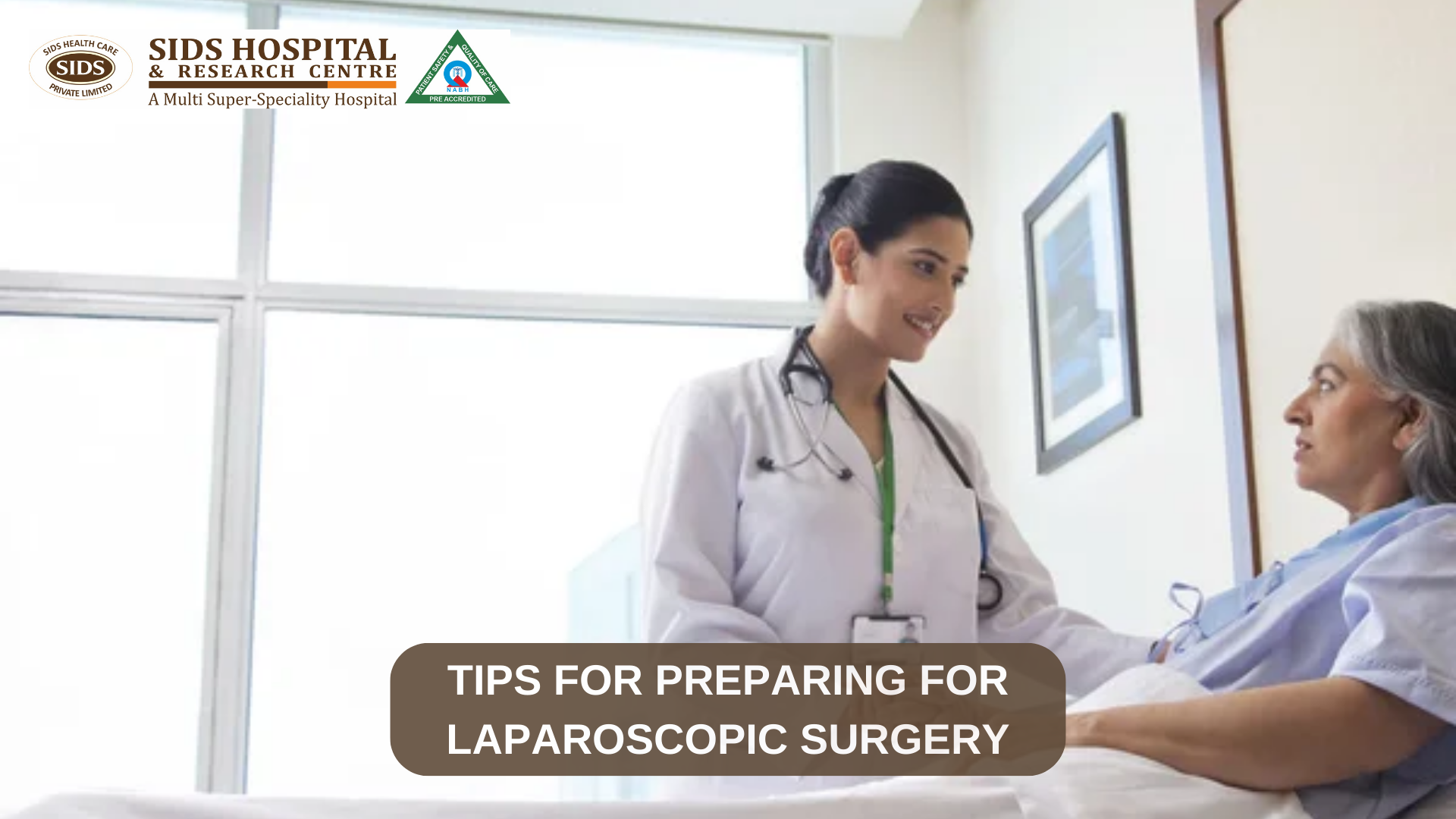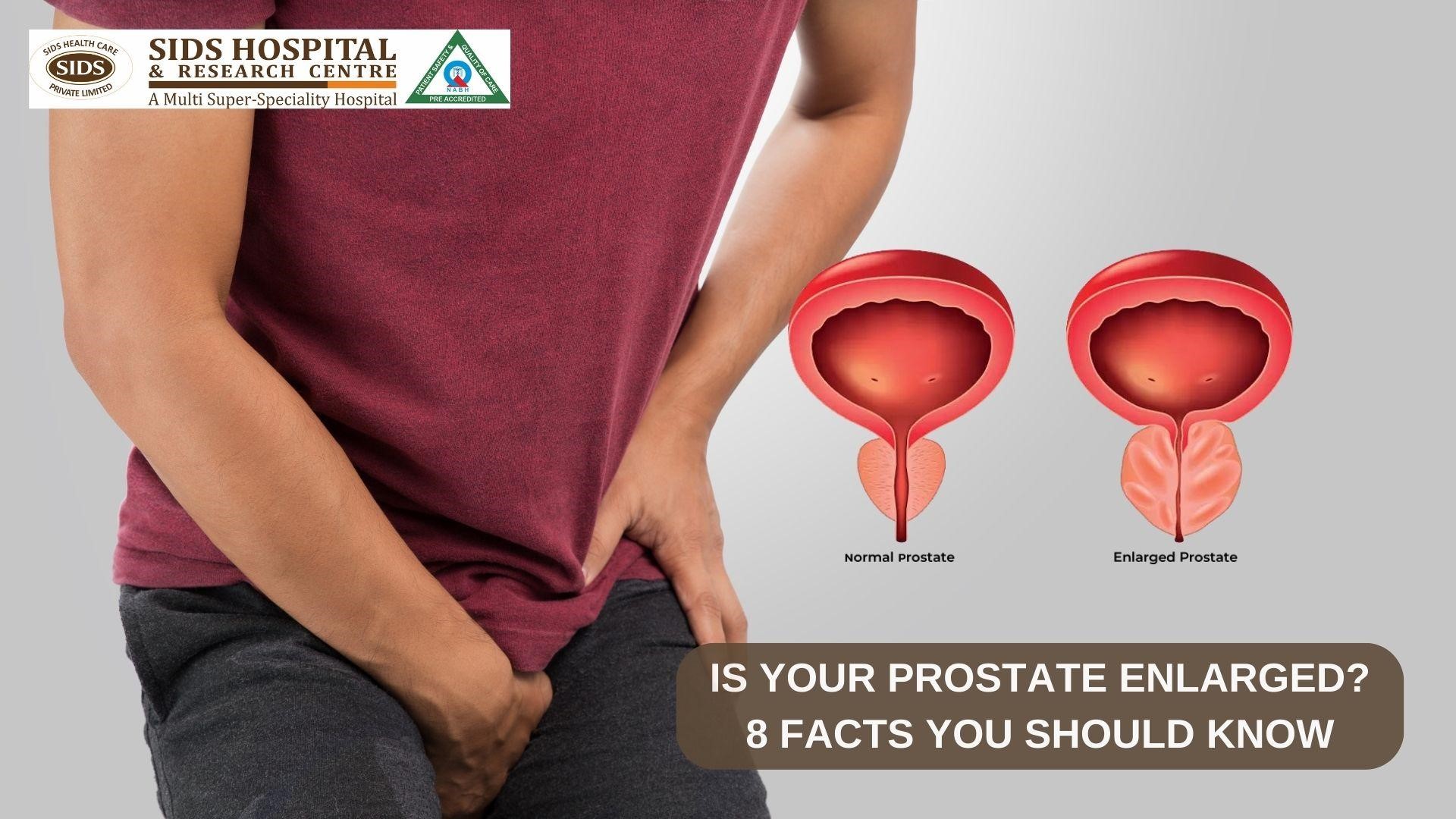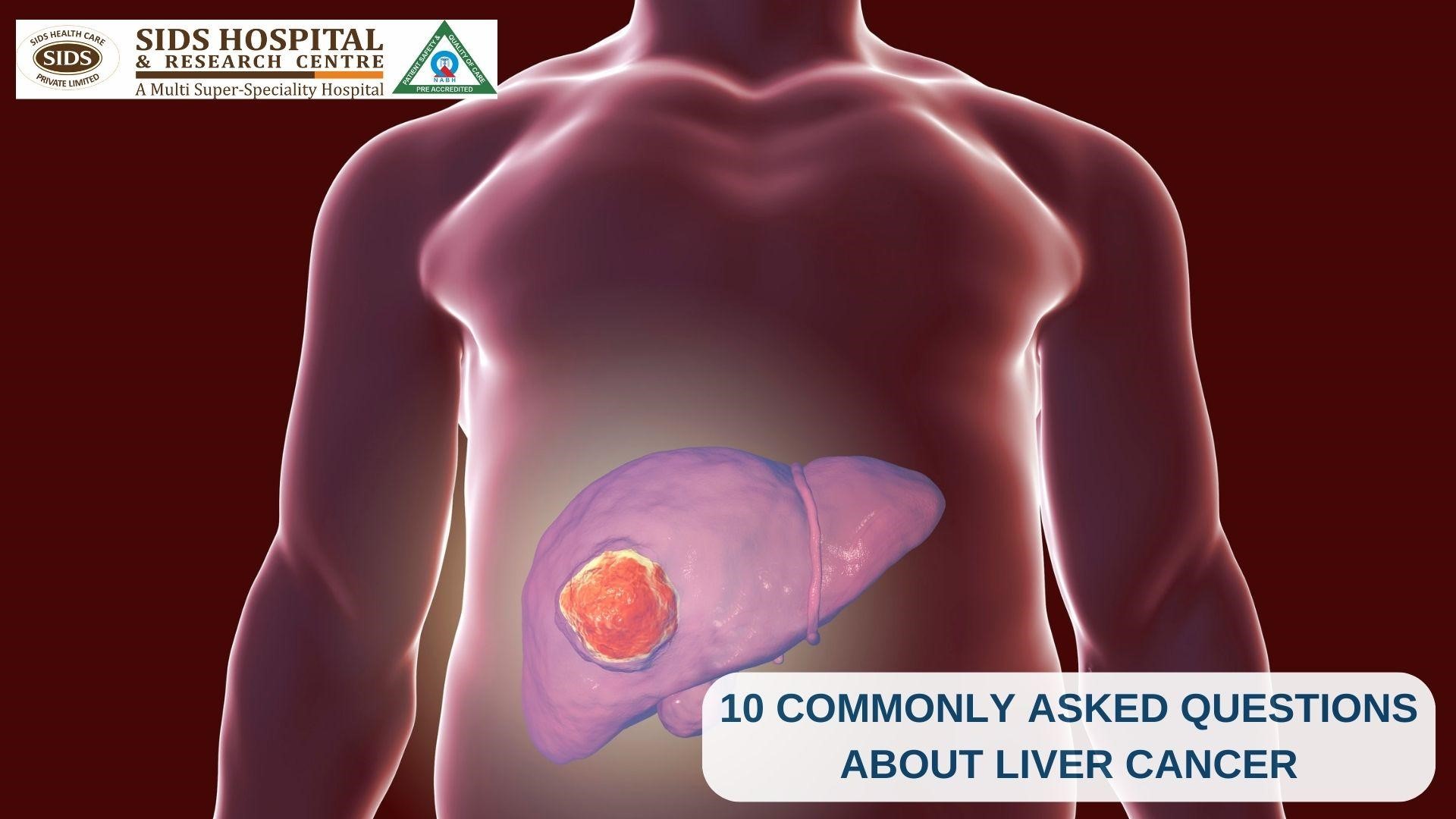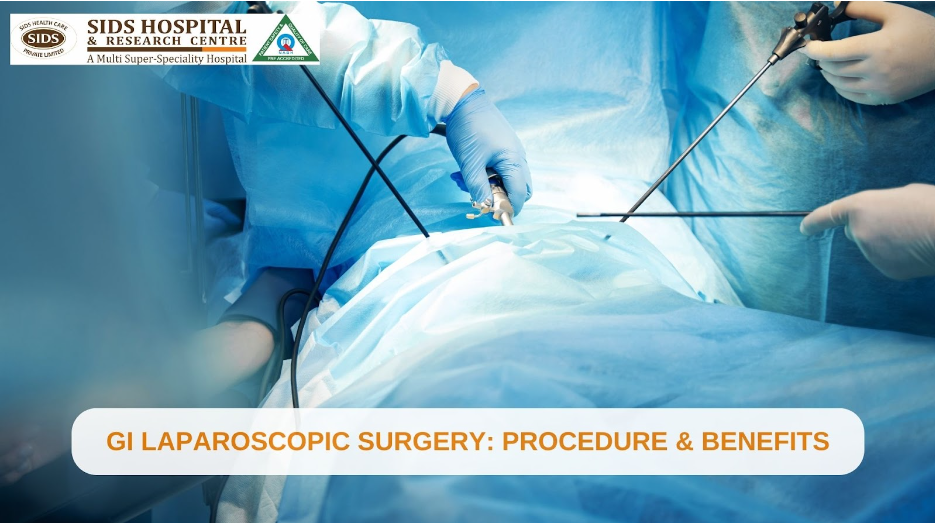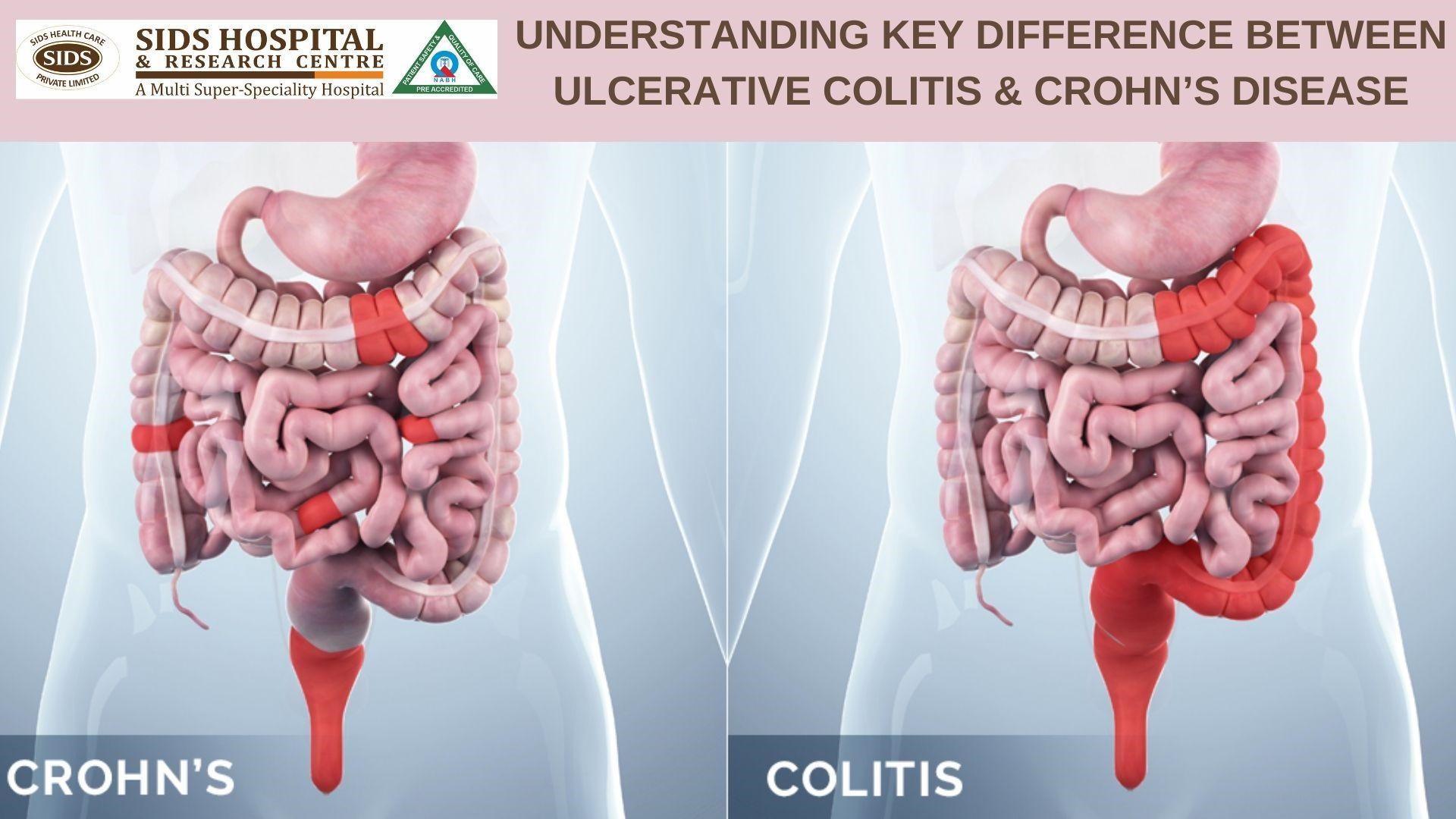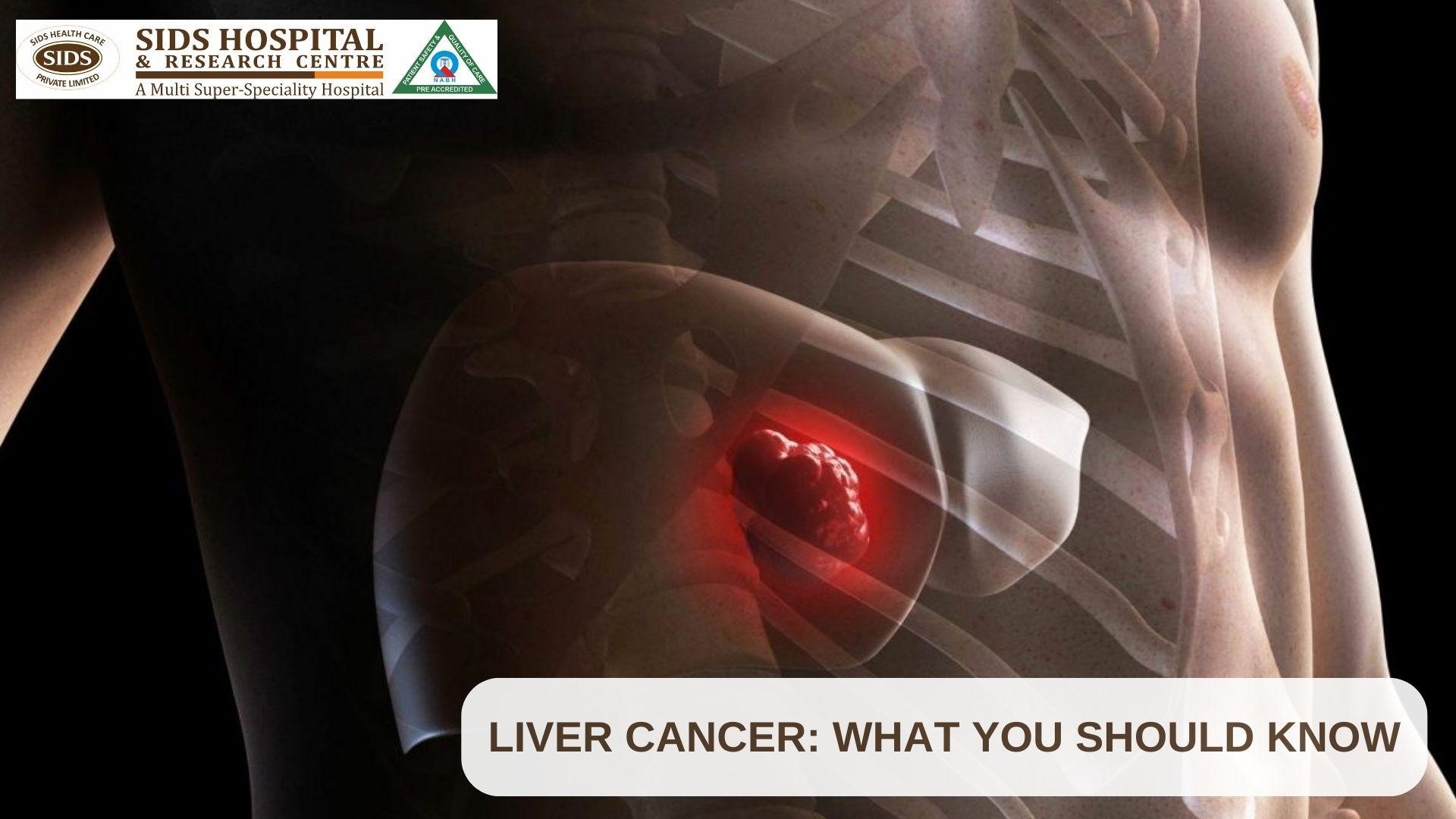Tips for Preparing for Laparoscopic Surgery
Laparoscopic surgery, also known as minimally invasive surgery, has revolutionized the field of surgical medicine. This advanced technique offers numerous benefits, including shorter recovery times, reduced pain, and smaller incisions. Whether you’re scheduled for laparoscopic surgery or considering it as an option, proper preparation is key to ensuring a smooth and successful experience. In this blog, we will provide you with essential tips we have gathered from our experts at SIDS hospital, one of the best hospitals in Surat to help you prepare for laparoscopic surgery.
1. Understand the Procedure
Before anything else, take the time to thoroughly understand the details of your laparoscopic surgery. Consult with your surgeon and ask any questions you may have. Understanding the procedure, its goals, and potential risks is crucial for informed decision-making and peace of mind.
2. Choose an Experienced Surgeon
Selecting a skilled and experienced surgeon is paramount to a successful laparoscopic surgery. Either research your surgeon’s qualifications, experience, and track record or visit us at SIDS hospital, one of the best multi super speciality hospitals in Surat. Feel free to ask for patient testimonials or seek referrals from trusted sources. A surgeon with expertise in laparoscopic techniques can often offer more precise and minimally invasive procedures.
3. Follow Preoperative Instructions
Your surgeon will provide specific preoperative instructions tailored to your surgery and your individual health needs. These instructions may include guidelines on fasting, medications, and hygiene. It’s essential to adhere to these instructions carefully to minimize the risk of complications during surgery.
4. Review Medications and Supplements
Inform your surgeon about all medications and supplements you are currently taking. Some medications may need to be adjusted or temporarily stopped before surgery, as they can affect bleeding or anaesthesia. Your surgeon will provide guidance on managing your medications during this time.
5. Arrange for Transportation and Support
Laparoscopic surgery is minimally invasive, but it is still a surgical procedure that may require anaesthesia. Arrange for someone to drive you to and from the hospital on the day of surgery, as you may not be in a condition to drive. Having a support person with you can also provide emotional comfort during this time.
6. Prepare Your Home
Before your surgery, take some time to prepare your home for your return. Ensure that you have a clean and comfortable environment, along with any necessary supplies or equipment. You may need assistance with daily activities, so it’s a good idea to arrange for help if needed.
7. Pack a Hospital Bag
Although laparoscopic surgery typically involves shorter hospital stays and quicker recoveries, it’s still advisable to pack a small hospital bag with essentials. Include items like comfortable clothing, personal hygiene products, and any comfort items that will help you feel at ease during your stay.
8. Stay Hydrated and Maintain a Healthy Diet
In the days leading up to your surgery, focus on staying hydrated and maintaining a balanced, nutritious diet. Proper hydration and nutrition can support your body’s healing process and reduce the risk of complications. However, it’s important to follow fasting instructions on the day of surgery.
9. Quit Smoking and Limit Alcohol Intake
If you smoke, consider quitting before your laparoscopic surgery. Smoking can impede the healing process and increase the risk of postoperative complications. Additionally, limit alcohol consumption in the days leading up to your surgery, as alcohol can interfere with anaesthesia and affect your recovery.
10. Prepare Mentally and Emotionally
Surgery can be an emotionally challenging experience, so it’s crucial to prepare mentally and emotionally. Talk to your surgeon or a mental health professional if you have concerns or anxiety about the procedure. Practicing relaxation techniques, meditation, or deep breathing exercises can also help calm your nerves.
11. Follow Postoperative Instructions
After your laparoscopic surgery, your surgeon will provide detailed postoperative instructions. These may include guidelines on wound care, pain management, and activity levels. It’s essential to follow these instructions meticulously to ensure a smooth recovery and optimal outcomes.
12. Arrange for Postoperative Care
Depending on the type of laparoscopic surgery you undergo, you may require assistance and support during your recovery period. Plan for postoperative care, which may involve arranging for a caregiver or having a support system in place.
Conclusion
Preparing to get the best laparoscopic surgery in Surat involves careful planning and a commitment to following your surgeon’s guidance. While laparoscopic surgery offers many benefits, proper preparation is essential to ensure a successful and comfortable experience. By understanding the procedure, choosing a skilled surgeon, following preoperative instructions, and taking steps to care for your physical and emotional well-being, you can approach laparoscopic surgery with confidence and achieve the best possible results. Remember that your healthcare team is there to support you every step of the way, from preparation to recovery, to ensure your safety and well-being.


 Book Appointment
Book Appointment.png) Video Consultation
Video Consultation
